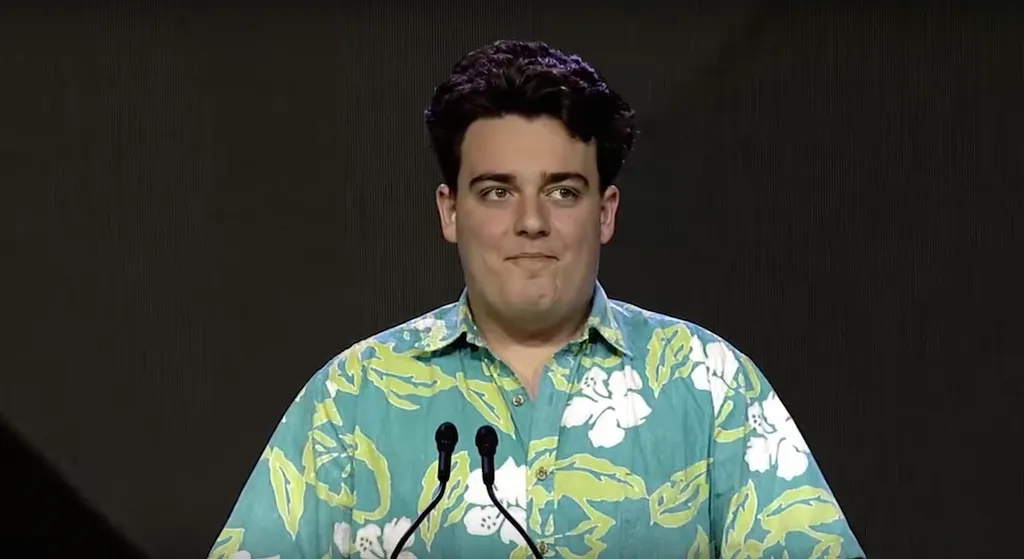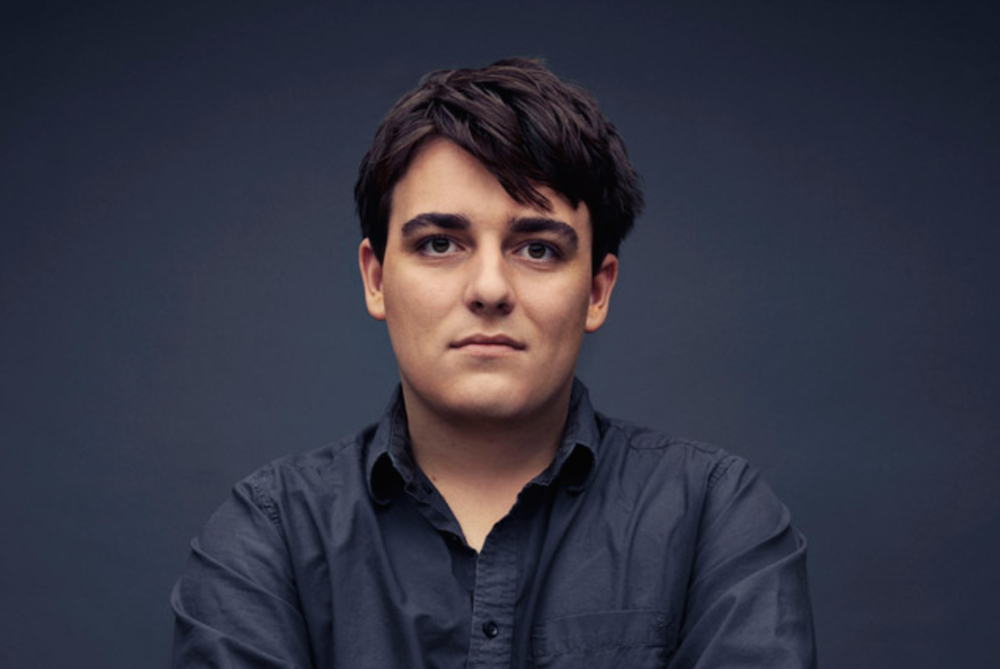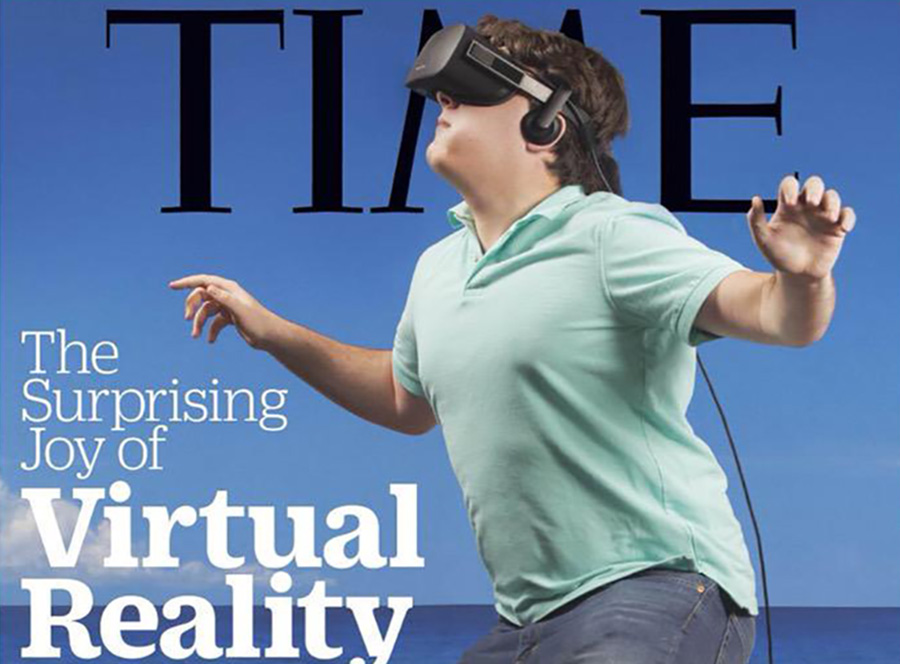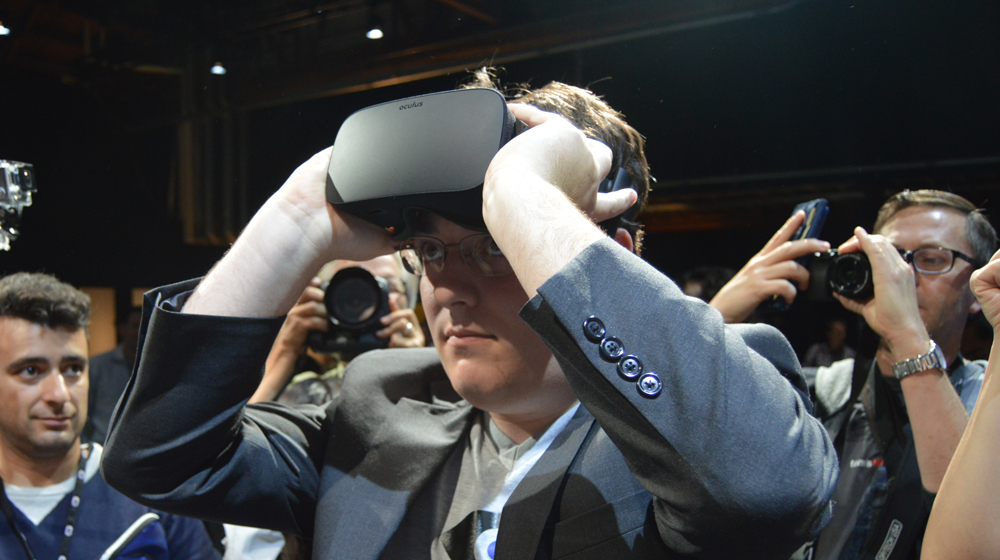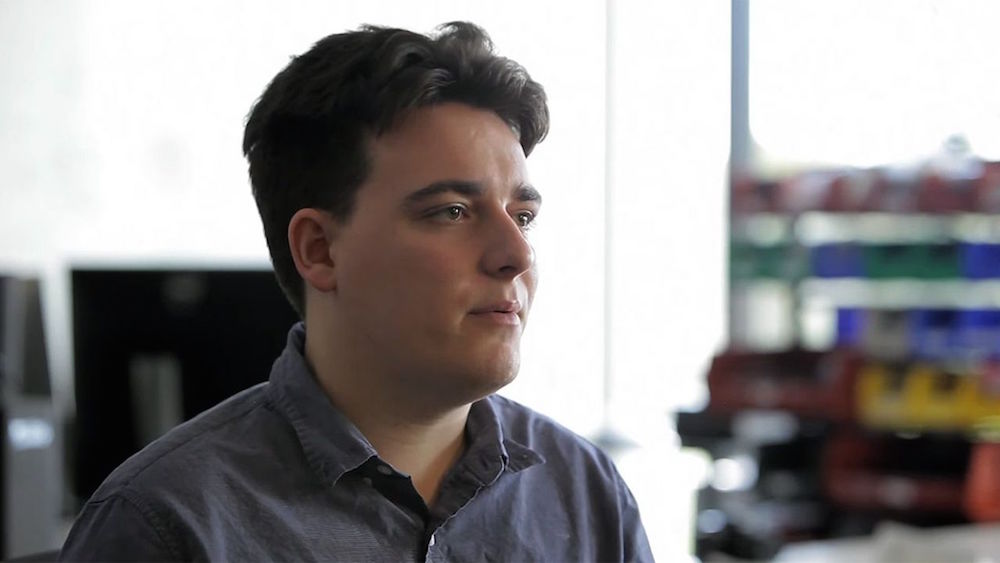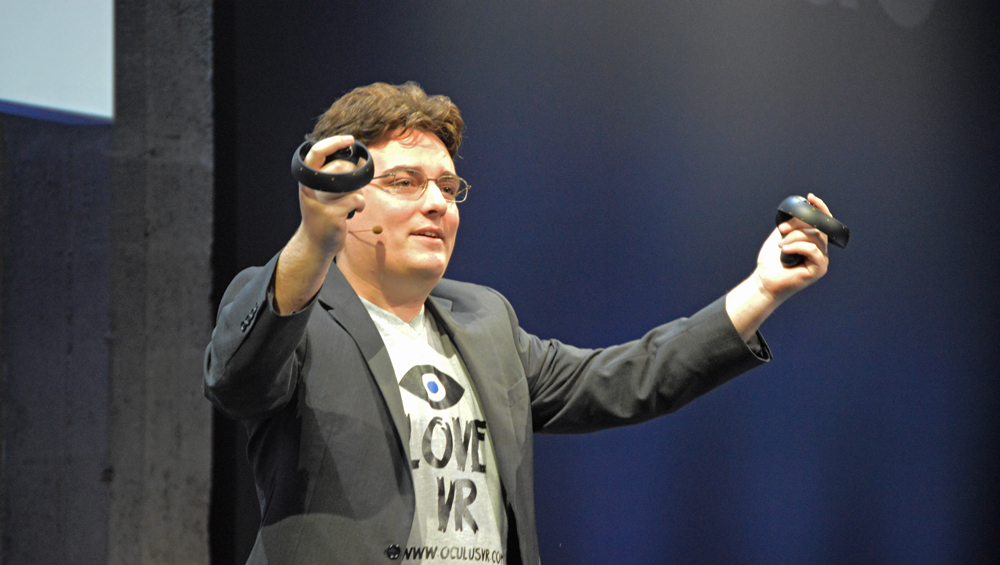Oculus co-founder Palmer Luckey, the man behind the Rift concept and its first prototypes, is leaving the company three years after selling to Facebook.
According to Oculus, this will be Palmer’s last week with Friday marking his official last day as an employee of Facebook. In an official statement, the company said that:
“Palmer will be dearly missed. Palmer’s legacy extends far beyond Oculus. His inventive spirit helped kickstart the modern VR revolution and helped build an industry. We’re thankful for everything he did for Oculus and VR, and we wish him all the best.”
When asked if Luckey’s departure was voluntary, Facebook representatives declined to comment, citing a policy of not discussing internal personnel matters.
This revelation comes around one year after Luckey himself hand-delivered the first consumer Oculus Rift to a pre-order customer in Alaska. In just over 12 months, the 24-year-old transformed from the face of one of the tech world’s most well-known teams into a bit of a recluse, disappearing from public view during the 2016 US presidential election and emerging only for an appearance in court.
The following is a timeline of events leading up to Luckey’s departure.
September 23, 2016
September 23, 2016 is the day that Luckey issued his last tweet in nearly six months. It contained no text besides the link to what would also be his final Facebook post. That post reads:
I am deeply sorry that my actions are negatively impacting the perception of Oculus and its partners.The recent news stories about me do not accurately represent my views.
Here’s more background: I contributed $10,000 to Nimble America because I thought the organization had fresh ideas on how to communicate with young voters through the use of several billboards. I am a libertarian who has publicly supported Ron Paul and Gary Johnson in the past, and I plan on voting for Gary in this election as well.
I am committed to the principles of fair play and equal treatment. I did not write the “NimbleRichMan” posts, nor did I delete the account. Reports that I am a founder or employee of Nimble America are false. I don’t have any plans to donate beyond what I have already given to Nimble America.
Still, my actions were my own and do not represent Oculus. I’m sorry for the impact my actions are having on the community.
The impetus for the above apology came when The Daily Beast reporters Gideon Resnick and Ben Collins published a story linking Luckey to a far-right political group named Nimble America that used inflammatory online tactics to discourage the 2016 presidential campaign of Hillary Clinton. The story alleged that Luckey donated significant funds to Nimble America. It also attached him to several unflattering online posts written under the pseudonym NimbleRichMan (posts Luckey later disavowed). The tactics of Nimble America combined with its tacit support of Clinton’s controversial opponent — current US president Donald Trump — sparked severe outrage toward Luckey.
The polarizing nature of Trump as a candidate, and the volatile political landscape of the US during the election, fanned that spark of outrage into a forest fire as individuals from all sides made their opinions known.
Two weeks after Luckey’s final posts appeared, Oculus held its third Oculus Connect (OC3) developer conference. Luckey had been a major personality at both OC1 and OC2. At OC3, however, it was Facebook’s CEO Mark Zuckerberg that took the stage instead to show off the company’s next steps toward social VR.
Oculus’ VP of content, Jason Rubin, told UploadVR at the time Luckey willfully skipped the conference because he “did not want to be a distraction” and that he was still an employee of Facebook.
Those online posts were the last we would hear of Luckey for some time. The reality is that since September 23 of last year, the man who was once a symbol of VR’s renaissance had almost completely disappeared from the public eye.
January 18, 2017
On January 18, 2017 Luckey finally found himself speaking publicly about the company he founded once again. Unfortunately, these comments were being given from the witness stand of a Dallas courtroom.
Luckey was called as a witness alongside Zuckerberg himself to defend Oculus from allegations of intellectual property theft. The software company ZeniMax was suing Oculus (and Facebook by extension) over allegations that former ZeniMax employee and current Oculus chief technology officer, John Carmack, brought trade secrets with him to his new company that allowed for the fundamental creation of the Rift.
It turns out that a courtroom is the one venue in which Luckey will not wear his trademark sandals. He swapped his typical Hawaiian beachwear for a pressed blue suit and answered questions about his relationship with Carmack and whether or not they violated any agreements with ZeniMax in the early days of the Rift’s development.
On February 1, the jury found Oculus had not misappropriated any trade secrets. However, the jury also decided Luckey failed to comply with a non-disclosure agreement he signed. Oculus and its co-founders Luckey and Iribe were therefore ordered to pay ZeniMax $500 million as a result of copyright infringement and “false designation.”
Facebook has already vowed to appeal the case, which will likely rage on for years to come. In all the turmoil, Luckey once again retreated back into the obscurity and ambiguity he has lived within since September.
March 30, 2017
It has now been just over a year since Luckey delivered that first Rift, and three years since he and other Oculus shareholders agreed to sell the company to Facebook.
Luckey’s future at the company already looked dicey in September; and then a $500 million elephant waltzed into what was already a very crowded room.
From the moment The Daily Beast story hit the web, the possibility of Luckey’s departure from Oculus existed. We had last confirmed Luckey was still involved with Facebook in December, and that an update would be coming “soon.” Now, the day many of us have been expecting has arrived. As of tomorrow, Palmer Luckey will no longer have a role in the company he co-founded.
Luckey’s Legacy
Luckey’s efforts with Oculus, combined with those of his co-founders, sparked the interest of a group of enthusiasts who bought into his vision when they invited tens of thousands of early head-mounted display developer kits into their homes.
“A lot of things we’re doing weren’t invented by us,” Luckey once said. “They were invented by other people. And we happen to have the luck to be in the right decade to make it happen.”
These early headsets changed the course of countless careers, and Facebook’s $2 billion (arguably $3 billion) acquisition of Oculus convinced mainstream investors of what Rift developers already believed; VR would not just be a great gaming technology but the start of the next phase of personal computing. After decades of failure, the prospect of high-quality, low-cost VR finally seemed attainable. And Luckey’s efforts helped make that possible.
“It’s the future,” Luckey once said of his interest in VR. “It’s the Matrix.”
He likely still retains a lot of the money he gained as an Oculus shareholder from Facebook’s acquisition and, assuming his interest in VR is undiminished, we’ve likely not heard the last from him.
There is a very long road ahead toward more immersive virtual worlds than the ones we have today. Advances in brain-computer interfaces are becoming a huge area of interest to people like Gabe Newell, the founder of Valve Software, which has emerged as a major competitor to some of the Oculus efforts. In other words, there are plenty of advances in technology still ahead for VR and Luckey’s influence on the evolution of this industry is likely far from over.
–
No matter how you may feel about Luckey and his recent actions, there is no denying he is a giant of the VR industry and one that will be very difficult to replace
Senior Editor Ian Hamilton contributed to this report.

